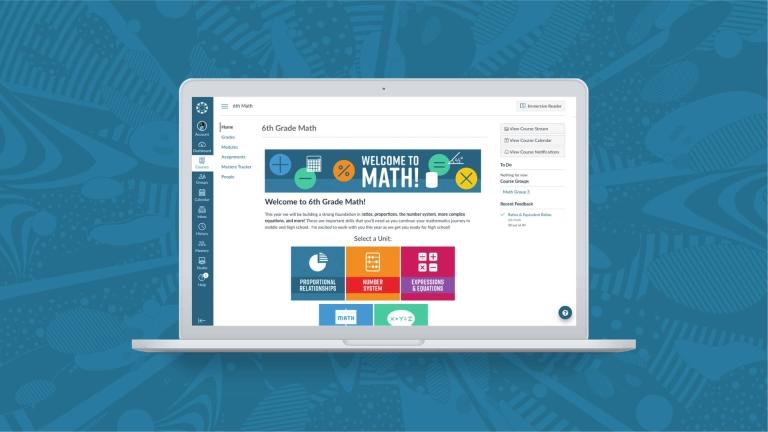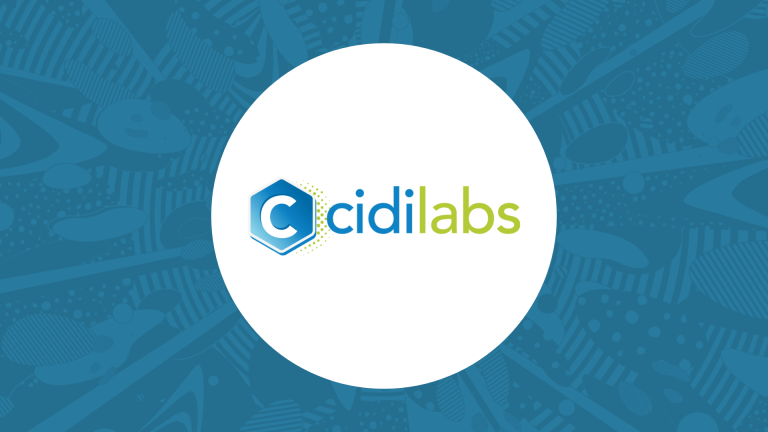
In this series, we highlight four edtech solution providers who are building an evidence base for their solutions, in alignment with the Every Student Succeeds Act (ESSA) and in partnership with educators and students. In this edition, we talked with VoiceThread Co-Founder and CEO Steve Muth about what’s behind their evidence-building efforts.
VoiceThread, a platform where students develop critical thinking, communication, collaboration and creativity skills through asynchronous online verbal and video interaction, has frequently been a focus for third-party researchers seeking to understand the impact of various methods to increase the quality of student-student or student-teacher interactions on student outcomes. Over the course of its 17 year existence, co-founder and CEO Steve Muth has seen a significant body of research created around VoiceThread, including 47 published academic articles.
Despite this incredible volume of research involving VoiceThread, and despite the team’s efforts to share the best of that work with potential VoiceThread users, little has changed when it comes to pedagogy, according to Muth. “It’s been very frustrating for us to feel like we had really discovered something that could benefit millions of students and clearly researchers were confirming that, but the transformation of educational policy did not in fact happen,” said Muth.
Initially, the team chalked the slow pace of change up to education in general, but Muth eventually realized that the things weren’t changing because the research was ultimately not in a form that was most meaningful and applicable to the people who can really make change happen--in this case school administrators and the educators themselves.
LearnPlatform by Instructure researchers hear this a lot in their work. “Researchers, even education researchers, write for other researchers, not for educators practicing the craft of teaching,” says Mary Styers, Ph.D., Director of Research at LearnPlatform by Instructure. As Muth puts it, “the blocking problem that prevented existing research from having an impact, was a gap that existed between the learning researchers and the boots-on-the-ground administrators and teachers.”
When VoiceThread discovered LearnPlatform’s Evidence-as-a-Service offering, it “was a little like discovering the Rosetta Stone,” according to Muth. VoiceThread has worked with LearnPlatform to refine an existing logic model and thus meet the requirements for ESSA Level IV evidence (Demonstrates a Rationale). Next, the LearnPlatform research team reviewed three existing research studies to evaluate whether they met the requirements outlined in ESSA using a rubric with five factors derived from ESSA and What Works Clearinghouse (WWC) standards: sample, methodology, baseline equivalence, implementation and findings, and other. Ultimately the team determined that two of three studies met the standards of evidence aligning with ESSA Level III (Promising Evidence).
“We are excited to go deeper, not only into primary research, but also deeper in how we work with educational institutions to conduct quicker studies in more contexts. We have so much data, so many users, so much to offer students and teachers and we believe that our support for research will be rewarded by affecting real change.”
Steve Muth, CEO | VoiceThread
This is just the beginning for Muth and the VoiceThread team.
Muth is optimistic that other providers will join in the research building effort, especially once more school districts are asking specifically for ESSA certification. He likens ESSA compliance to FERPA and COPPA, student and child data protection regulations, “Currently no responsible administrator or teacher would adopt a learning tool without double checking those elements [FERPA and COPPA compliance] were in place and I think ESSA will join that group soon.”
When asked what he’d like others to know about VoiceThread’s approach to research and evidence building, he emphasized collaboration with teachers and administrators when developing a product. He also stressed the importance of humility in the face of truly complex problems, “There needs to be willingness on the part of all stakeholders to go deeper into the data, find more contextually relevant data and ask a lot of questions.”
Visit VoiceThread.com to learn more about its offerings for education organizations.
Related Content
 Teaching-With-Tech-10-Benefits.jpg
Teaching-With-Tech-10-Benefits.jpgBlogs
 cidilabs.png
cidilabs.pngBlogs
 canvas_x_tg_logo_lockup_780_x_520.png
canvas_x_tg_logo_lockup_780_x_520.pngBlogs